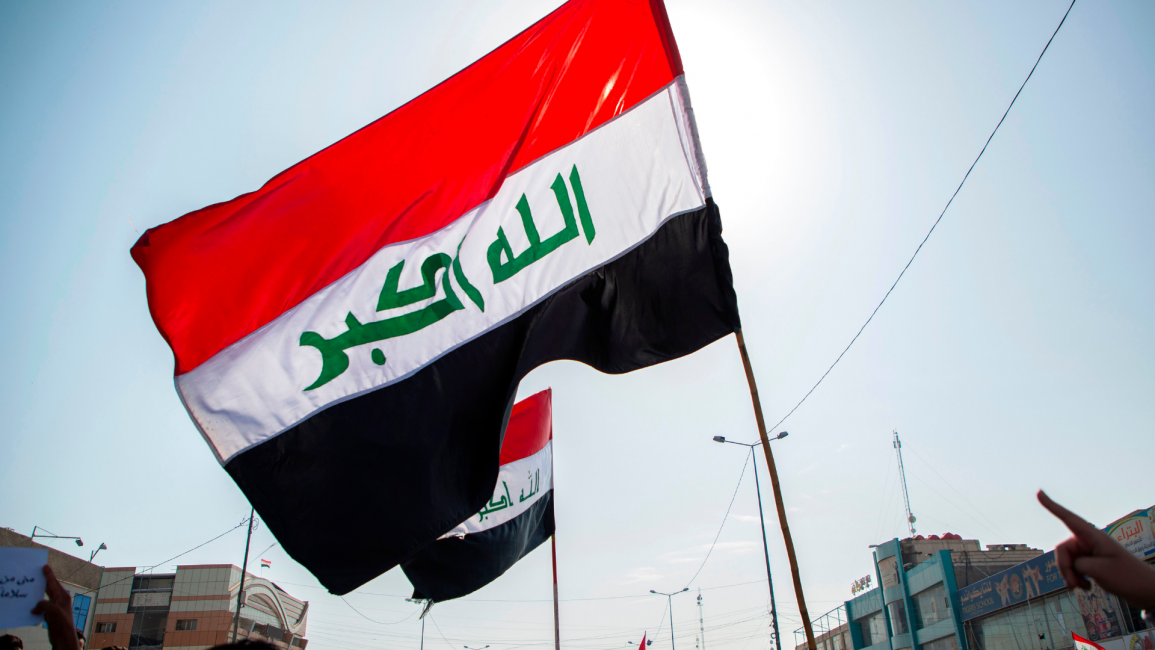US envoy urges formation of Iraqi government
The US has stressed the importance of timely government formation in Iraq following its elections in October, Jennifer Gavito, deputy assistant secretary for the Bureau of Near Eastern Affairs has said in a press briefing on Friday, adding that the move will help Baghdad achieve stability and allow it to move forward with its long-term goals.
"Now that the Iraqi people have made their voices heard through the ballot box, it is time for Iraq's leaders to form a government," said Gavito, emphasising the benefits of a new government, including coordination with the US.
"The United States is eager to work with that new government on key issues of mutual concern, including Iraq’s stability and sovereignty, economic empowerment for all Iraqis, anti-corruption, human rights protections, energy independence, climate, and health," she added.
"Lack of a fully functional government will breed insecurity, instability, and it threatens to erode both the confidence of the international community and that of the Iraqi people who came out to vote."
Gavito noted US' changing role in its relationship with Iraq following its withdrawal of combat forces at the end of last year after a nearly 20-year presence beginning with its 2003 invasion.
"Our mission at that point changed to one of advise, assist, and enable," she said.
She described the US withdrawal as a "watershed moment for the bilateral relationship" because it showed the "extraordinary strides" Iraq had made in defending itself against various threats.
Half a year after October 2021 legislative elections, Iraq still does not have a new president or prime minister, keeping the country in a state of political paralysis.
Parliamentarians must first elect the head of state, by convention a member of the Kurdish minority, with a two-thirds majority. The president then appoints the head of government, a post now held by Mustafa al-Kadhemi.
Among the 40 candidates for the presidency, two are considered the frontrunners: incumbent Barham Saleh, of the Patriotic Union of Kurdistan (PUK), and Rebar Ahmed of the rival Kurdistan Democratic Party (KDP).
On 13 February, Iraq's supreme court ruled out a presidential bid by KDP-backed veteran politician Hoshyar Zebari, after a complaint was filed against him over years-old, untried corruption charges.
The largest political bloc, led by firebrand Shia cleric Moqtada Sadr, had backed Zebari for the presidency before moving its support to Ahmed.
The failed votes in parliament have underscored the gulf in Iraqi politics between Sadr, the general election's big winner, and the powerful Coordination Framework, which called the boycotts.
The Coordination Framework includes former premier Nuri al-Maliki's party and the pro-Iran Fatah Alliance - the political arm of the Shia-led former paramilitary group Hashed al-Shaabi.



